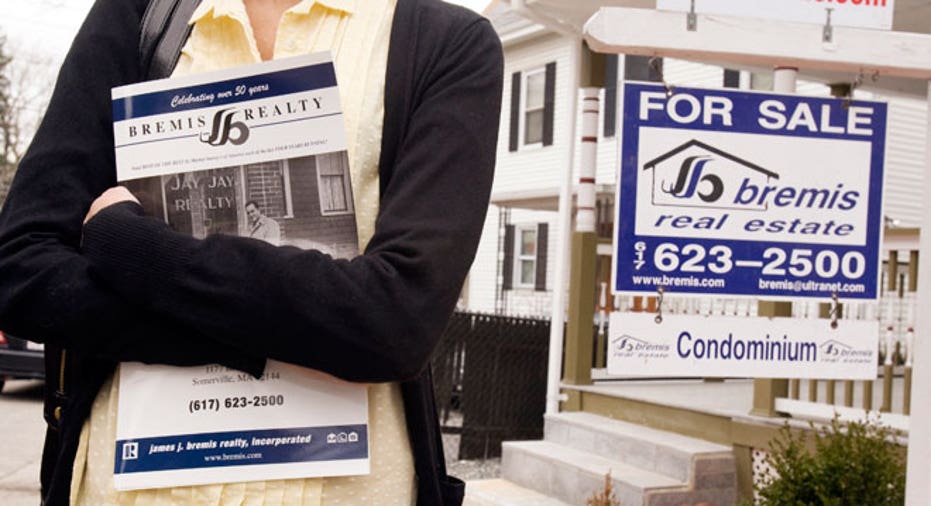Foreign Investors Eyeing U.S. Real Estate, What it Means for Buyers

The competition in the housing market is heating up as buyers face off with deep-pocketed investors located both in and outside the U.S.
Foreign investors are playing a big role in the U.S. real estate market and it’s putting upward pressure on home prices. According to new research from real estate website Trulia, from April 2012 to March 2013, foreigners conducted 4.3% of all searches for U.S. properties on its site.
“The highest share of searches from abroad tends to be in the Sun Belt,” says Trulia’s Chief Economist Jed Kolko. “They are also concentrated in particular neighborhoods.” While foreign investors have a penchant for warmer climates like south Florida and Los Angeles, they are also interested in metropolitan cities like Manhattan. Some are looking for vacation homes, while others are looking purely for an investment property.
The demographics of the foreigner investors searching for properties on Trulia has also become more diverse. According to the Kolko, people living in lower and middle income countries are starting to eye the U.S. real estate market.
“There was a big increase from Asia and Africa,” he says. “Both saw stronger income growth in the past year and therefore their citizens have more money to spend on all sorts of investments-- including U.S. real estate.”
Although investors from Canada, the U.K. and Germany conduct the most searches for U.S. homes, the numbers are dwindling. This year those three countries accounted for 34% of all foreign searches on Trulia, down from 38% a year ago. Gaining in search share are individuals from India, Nigeria, Russia and the Philippines, which all leapt by 20% or more. Searches conducted by investors in China increased by 17%, according to Trulia.
Search patterns are starting to show certain citizens prefer specific metro areas over others. For instance, searches from people residing in India looking at New York increased 33% as did searches from people living in Netherlands eyeing Los Angeles and people from Nigeria looking at Chicago. On the flip side, searches from Canada to Phoenix, Italy to New York and Mexico to San Antonio dipped more than 20%.
Foreign house hunters aren’t only focusing on specific cities, but they’re honing in on particular neighborhoods. For example, in Los Angeles a lot foreign search traffic is highly concentrated in a few parts of town: 41% of searches in Bel Air come from international buyers compared with 13% of searches in Los Angeles metro.
The cities being scoped out tend to have a common theme: they’re pricey.
“These expensive neighborhoods get more international searches because they are better known and sometimes downright famous,” says Kolko. It also doesn’t hurt that many of these neighborhoods have more foreign-born residents, making them attractive to international buyers. “More than one-third of the adults living in the Beverly Hills, Brickell, and NYC Tribeca / Little Italy ZIP codes were born abroad,” says Kolko.
So what does all this foreign interest mean to other buyers? According to Kolko, it drives up home prices and creates more competition in sought-after neighborhoods. But whether this interest from across the ocean holds steady in the face of rising prices has yet to be seen.
“Prices have been rising in the U.S. at a rate that wasn’t anticipated. U.S. real estate [for foreigners] is looking like less of a good investment than it did a year ago.”



















